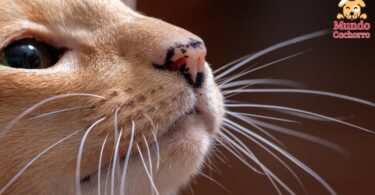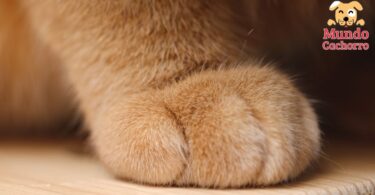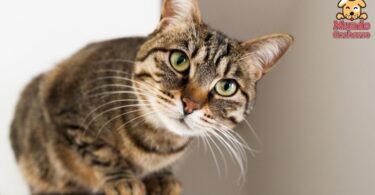It is inevitable in the life of a cat that your kitty will get older. The thing to keep in mind is that cats, like humans and other species, undergo changes as they age. As the years go by, your cat’s behavior and needs will change. As a cat owner, it is important that you are aware of your cat’s changes as a senior so that you can provide proper care.
Indice
In general, senior age for cats generally begins around 7 years of age, although this can vary depending on the breed and the cat’s individual health status. Some of the changes that may be observed in older cats include weight loss and decreased energy.
Changes in your senior cat
First, your cat is likely to lose some of its energy and mobility. This is normal and expected in older cats. He may not jump as high as he used to, or he may have less interest in playing. This does not mean that your cat has no energy, only that it needs more rest. It is normal for them to spend even more time resting and sleeping.
Your cat is also likely to lose some weight. This may be due to decreased appetite or increased metabolism. If you notice that your cat is losing too much weight, consult your veterinarian to rule out any underlying health problems.
Your senior cat may have some appetite changes. For example, showing less interest in your food. Others may gain weight due to decreased physical activity and changes in metabolism.
Behavioral changes are also common. Your cat may become quieter and more passive with age. He may no longer be as interested in interacting with humans or other cats. This is normal and there is no cause for concern.
It is possible that your senior cat has age-related health problems. These may include heart disease, diabetes, arthritis and kidney disease. These health problems need to be treated immediately by a veterinarian.
Other frequent alterations due to your cat’s advanced age may be dental problems, which could affect his ability to eat properly. Changes in the coat can also happen. In these cases, your senior kitten’s coat may become thinner, duller or more prone to tangles.
Proper care
If you have a senior cat, it is important that it receives the proper care for this stage of its life. This means providing a balanced diet, a calm environment and an appropriate exercise routine. If your cat is sick, it is important that it receives proper treatment. This will help prolong your quality of life.
Changes in a cat’s senior years are inevitable. As a responsible owner, it is important that you are aware of these changes and provide your cat with proper care. This will help prolong your quality of life and keep you happy and healthy. Image courtesy of https://pixabay.com, all rights reserved.







